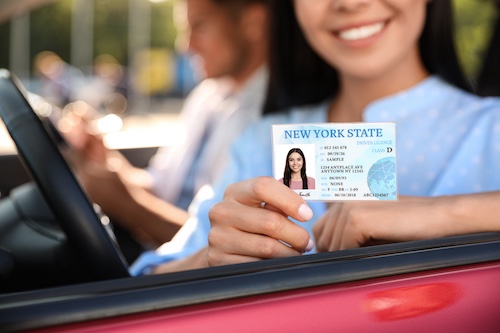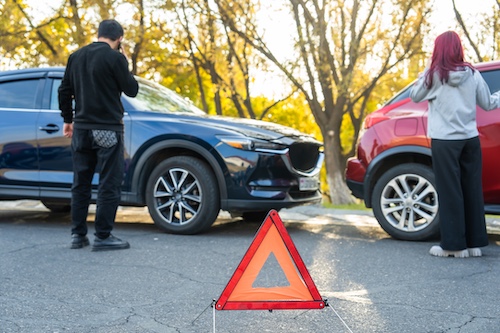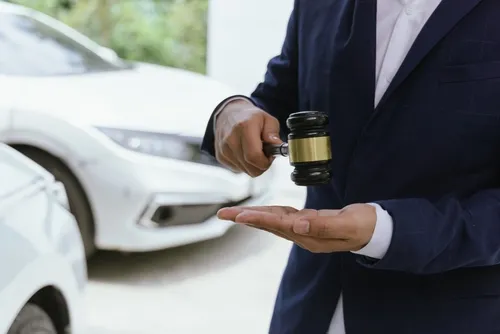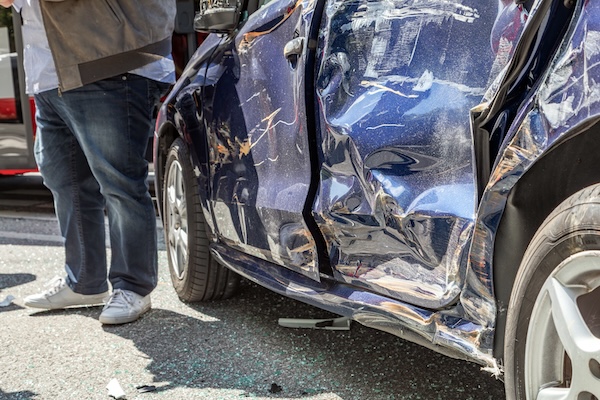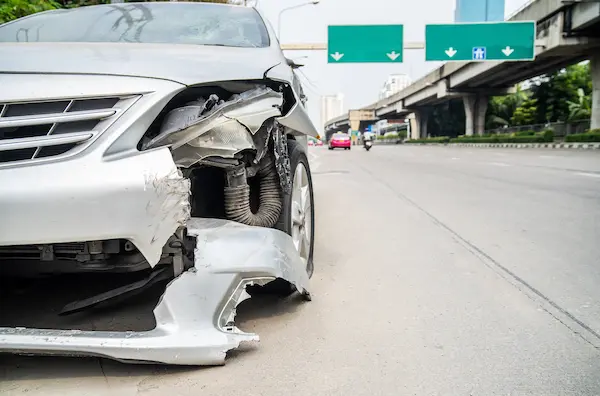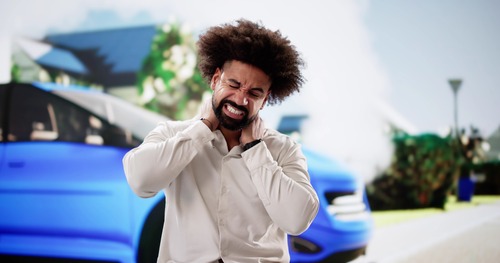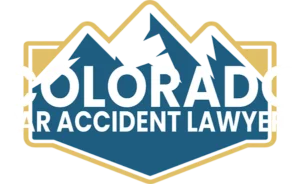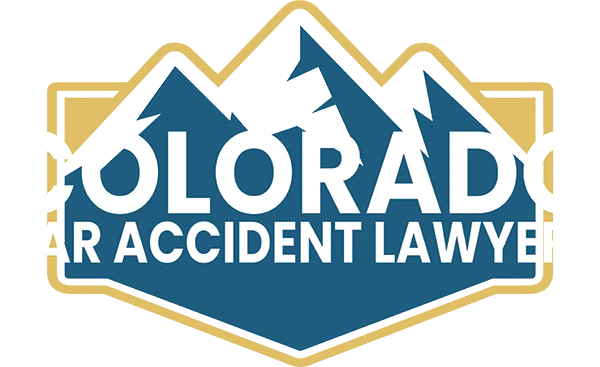Out-of-State Drivers and Colorado Car Accidents
Colorado Car Accident Lawyers is a dedicated firm focused on protecting the rights of injured drivers, passengers, and families across the state. Our attorneys handle car, truck, and motorcycle accidents, reviewing crash reports and insurance policies while pushing back against adjusters who undervalue claims. Every case is pursued on a contingency fee basis, with the goal of securing maximum recovery for medical costs, lost income, and lasting damages.
Colorado highways are busy with visitors, tourists, and active-duty military traveling on out-of-state licenses. When an accident happens, victims often face questions about insurance coverage, residency rules, and which court has jurisdiction. These challenges make crashes with out-of-state drivers different from accidents between Colorado residents.
A Colorado car accident lawyer can explain the laws, review required documents, and help protect your rights after such a collision.
Why Out-of-State Collisions Are More Complicated
Collisions with out-of-state drivers raise more issues than accidents between Colorado residents. The differences come from licensing rules, insurance coverage, and the courts that may hear the case.
Different Driver License Rules
Each state has its own rules for a valid driver’s license. An out-of-state license is often accepted in Colorado for visitors, but limits apply. Teen drivers on a permit, drivers with an expired license, or those who fail to transfer to a Colorado driver’s license after establishing residency may face problems. These rules affect both liability and proof of lawful driving.
Insurance Coverage Gaps
Insurance rules also vary by state. A policy from a home state may carry less coverage than Colorado requires. Colorado law requires minimum limits for motor vehicle insurance, so disputes may arise if the out-of-state driver’s insurance does not match these levels. Victims may need to rely on uninsured or underinsured coverage under their own policy.
Jurisdiction and Court Authority
An accident that occurs in Colorado usually falls under Colorado law. Still, disputes can involve the driver’s home state insurance or even out-of-state lawsuits. Questions about where to file a claim or which rules apply can make the process longer. Evidence like vehicle registration, police reports, and DMV records often decides the outcome.
Valid Licenses and Legal Requirements in Colorado
Colorado law sets clear rules for out-of-state drivers who operate a motor vehicle inside the state. These rules decide when an out-of-state license is valid and when a driver must apply for a Colorado driver’s license.
Recognition of Out-of-State Licenses
Colorado accepts a valid driver’s license from other states for short-term visitors. Reciprocal agreements mean most state driver’s licenses are honored. The only exception applies to teen drivers with a permit or to new residents who must update their license once they establish residency.
Transfer to a Colorado License
A new Colorado resident must transfer an out-of-state license within 30 days under C.R.S. § 42-2-102(2). The Colorado Department of Revenue requires specific documents, including a Social Security card, a county-issued birth certificate, proof of address, and the current legal name. Testing requirements may include vision screening and knowledge of road signs if the previous state license has expired.
Military and Residency Exceptions
Active duty military and dependents may keep their previous state license if they hold a military ID and meet lawful presence requirements under C.R.S. § 42-2-102(1)(d). This rule helps service members avoid duplicate testing and vehicle registration costs while on duty in Colorado.
Residency, Military Status, and Licensing Rules
Residency status and military service both affect how Colorado applies licensing laws to out-of-state drivers. These rules control when a driver must switch licenses, what documents are required, and what exceptions exist.
Establishing Colorado Residency
A driver becomes a Colorado resident when they live in the state for more than 90 days, register to vote, or work in Colorado. Once residency begins, the driver must obtain a Colorado driver’s license within 30 days. This requirement applies even if the driver still has a valid license from a previous state.
Required Documents for New Residents
The Colorado Department of Revenue lists the required documents to complete a license transfer. These include a county-issued birth certificate or certified original state record, a Social Security number or Social Security card, proof of lawful presence, and proof of address. Testing requirements may include vision screening, road signs, and knowledge exams if the previous license has expired. Vehicle registration and payment of the specific ownership tax must also be completed.
Active Duty Military Exceptions
Active duty military members and their dependents are not required to obtain a Colorado driver’s license if they hold a valid license from another state and a military ID. Under Colorado law, this rule recognizes that service members may be stationed in Colorado without changing their state of residence. This exemption also applies to teen drivers who are dependents, provided they hold a valid permit or license from their home state.
Insurance Issues with Out-of-State Drivers
Insurance disputes are common after an accident with out-of-state drivers in Colorado. Differences in minimum coverage levels and policy terms often create challenges for victims seeking compensation.
Colorado Minimum Coverage Requirements
Colorado law requires all drivers to carry liability insurance under C.R.S. § 42-4-1409. The minimum limits are $25,000 per person for bodily injury, $50,000 per accident for bodily injury, and $15,000 for property damage. These amounts apply to every motor vehicle operating in the state, including those driven by out-of-state drivers.
Out-of-State Policy Limitations
A driver with a state driver’s license from another state may carry lower insurance limits than Colorado requires. For example, a policy from a home state may meet that state’s rules but fall short under Colorado law. In that case, disputes can arise over which policy limits apply and whether coverage can be expanded.
Uninsured and Underinsured Motorist Coverage
Colorado drivers can use uninsured or underinsured coverage when an out-of-state driver’s policy is not enough to cover losses. This coverage may apply to medical costs, lost wages, and vehicle repair. A Colorado car accident lawyer can review policies, determine available coverage, and identify whether the at-fault driver has additional assets or umbrella insurance.
Determining Liability and Jurisdiction
Accidents with out-of-state drivers create questions about who is at fault and which court has authority. Colorado law controls crashes that happen inside the state, but rules of comparative fault and jurisdiction can affect the outcome.
Comparative Negligence in Colorado
Colorado follows a modified comparative negligence system under C.R.S. § 13-21-111. A driver can recover damages if they are less than 50 percent at fault. The amount of recovery is reduced by the percentage of fault assigned. For example, if an out-of-state driver is found 70 percent responsible and a Colorado resident is 30 percent responsible, the Colorado driver may still recover 70 percent of damages.
Jurisdiction in Colorado Courts
If a motor vehicle collision occurs in Colorado, state courts usually have jurisdiction. This applies even if one driver has a state driver’s license from another state or is a new Colorado resident who has not transferred their license. The location of the crash controls which laws apply. Out-of-state insurance companies may still be subject to Colorado proceedings when their policyholder causes harm inside the state.
Importance of Evidence and Records
Evidence is critical in liability disputes. Police crash reports, witness statements, vehicle registration details, and DMV records help establish fault. These records also support claims involving uninsured or underinsured coverage when an out-of-state license or policy does not meet Colorado standards. A Colorado car accident attorney can ensure this evidence is preserved and used effectively in court.
Contact an Experienced Colorado Car Accident Attorney Today!
If you or a loved one was injured in a crash involving an out-of-state driver, don’t wait. Our team at Colorado Car Accident Lawyers is ready to review your case, answer your questions, and protect your rights.
Contact us today at 864-313-2487 for a free claim review!
